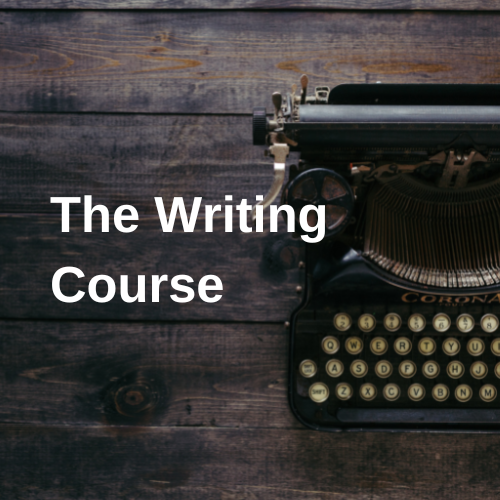Fundamentals of Academic Writing #2: Productivity vs Perfectionism
In my last video I talked about the importance of slowing down when you’re trying to write and giving yourself time to calmly engage with and think about the problems that arise.
But what if you end up over-thinking? What if you find yourself being overly perfectionist, writing and deleting and rewriting and deleting every sentence over and over and over again?
This is one of the reasons why people say you should “just write, just get words down on the page as fast as you can and sort it out later”
But although “just writing” does solve the superficial problem of not making progress, it can create more problems later as you end up with a mass of text that’s very difficult to edit.
So we have a problem…
You need to be a bit perfectionist in your writing
Obviously you need to produce. You need to get words down on the page.
But you do also need a bit of perfectionism. Academic writing needs to be carefully worded. It needs to be clear and accurate. This is especially true when you’re stating the aims of your research, because examiners or reviewers will judge everything else based on your stated aims.
It’s also true when stating your basic assumptions or definitions, because they are the foundation of any argument you then try to build.
And it’s true when describing your methods, because examiners or reviewers will judge the validity of your results and conclusions based on how you obtained them.
And it’s true when you state your conclusions, because you don’t want any ambiguity around what you’ve actually discovered and what new knowledge you want to contribute to the world.
So how do we achieve both? How can we fill pages and finish chapters, while also taking care over the phrasing and the details?
The Secret…
Here’s the secret; it’s not a binary choice between total, obsessive perfectionism, where you feel like nothing is ever good enough and nothing ever gets finished, and total carelessness, where you put no thought into the writing and just type as fast as you can. Both extremes are harmful, but there’s a lot of space in between, where you can put time and thought and care into the work, while also making sure that you make decisions and move forward.
And you can adjust where you are on this scale, sometimes slowing down to make sure you express an idea as clearly as possible or even just to find the right word, sometimes going a little faster, prioritising productivity a little bit more.
Allow your writing pace to vary
So when I’m writing, I will allow my pace to vary, and I’ll slow down when I need to think or to phrase something carefully, and I’ll be patient with myself and give myself the chance to solve whatever problems I face, but if I find myself really stuck, sometimes I will set myself a challenge of writing, say 150 words in the next half hour. So not going as fast as I can, not typing in a panic, still giving myself a bit of time to think, but just prioritising productivity a little bit more.
But there’s more to it. What people think of as perfectionism is often actually indecision, usually stemming from a lack of confidence.
If this is the case for you, then this idea of varying the pace and adjusting where you are on the scale might not help, and what you actually need to do is work on your confidence; confidence in your research, confidence in your writing and, ultimately, confidence in yourself.
And this is what I’m going to talk about in the next video.

